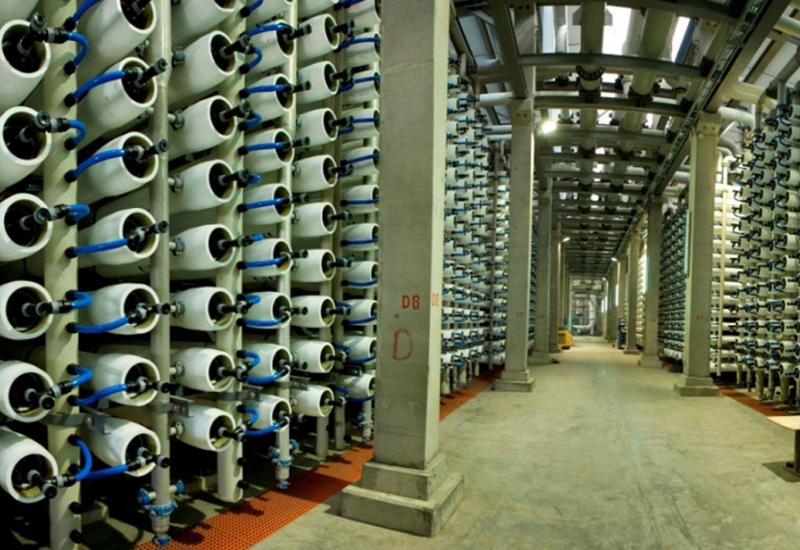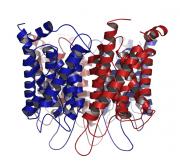Clean fresh water on our planet - the most valuable natural resource whose reserves are limited. Therefore, scientists all around the world pay much attention to clearing and rational use of water. Do not stand aside of scientific inquiry and Kyiv Polytechnics. Among other IV Festival winner innovation "Sikorsky Challenge 2015" named project developed by the Department of Ecology and Technology of Plant Polymers ECF, "Development and use of baromembran filters based on akvaporin." On its implementation given about 6 million uah.
How to tell developers, the main goal was to ensure the population, industrial and agricultural facilities with quality fresh water. The proposed desalination plant baromembran intended primarily for desalination of sea water.
Akvaporin. The term came into modern science not so long ago. Nobel Prize in Chemistry for the discovery akvaporiniv was awarded to Peter Roderick Ehr and Makkynan in the recent 2003. What is akvaporin and why he paid so much attention?
It is known that the outer membrane cells are semipermeable membrane. It means that the cell membrane is passed through a not all substances. Back in the nineteenth century. noticed that the water passed through the cell membrane itself at a higher rate than other solvents. In the mid-twentieth century. scientists realized that cells do not simply pass water through its membrane - they literally displace it from intercellular environment with incredible speed. The scientists did not understand only one thing – how do they do it? I did not realize until Peter Agre revealed no special protein channels - pore water, called him akvaporins (from Lat. Aqua and Greek. Poros - passage hole). These channels also responsible for the "input" and "output" of water in the cells.
After Ehr’s discovery the amount od discovered akvaporins quickly increased. Akvaporins was found in all living organisms on the planet, animals, bacteria and even plants. Today only 13 species of mammals described akvaporins differing structure, location and function.
The project idea is to increase the efficiency of desalination baromembran through the use of membrane filters based on akvaporin. Baromembran water purification process requires considerable energy demand and requires frequent replacement of the filter membrane. The market presents many types of data membranes that provide high efficiency desalination, but they are quite expensive. Typically, the service life of the membrane not exceeding three years. When using membranes with akvaporin electric power consumption can be reduced by 3-5 times, and membrane filters serve twice as long (about 6 years). All this will provide considerable economic effect.
In the process of baromembran desalination produce large volumes of hazardous concentrates. Their disposal in landfills worsen the already difficult environmental situation. Chemists CPI developed a technology that allows to process these concentrates into products that can be used in the production of building materials and fertilizers. This will give an additional economic benefit and positive impact on the environment.
The project was developed under the guidance of graduate Valentina Hrabitchenko ECF, which is a specialist baromembran desalination involving Ph.D. Ina Trus - specialist desalination of water. Responsible for the project PhD, associate professor V.S.Kamayev. The scientific part of the project took care of Doctor of Technical Sciences, Professor Nikolai Gomel - recognized expert on water treatment.


